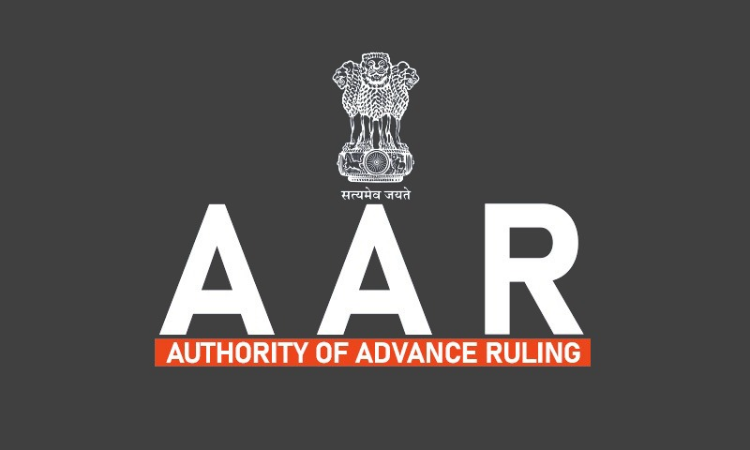The Karnataka Authority of Advance Ruling (AAR) has ruled that e-commerce operators are liable to collect TCS for providing a platform for selling digital gold.The bench of Dr. M.P. Ravi Prasad and Kiran Reddy T. has observed that the applicant supplies the services of e-commerce platforms through the app, for which they get the consideration equivalent to a certain percentage on the value of...

